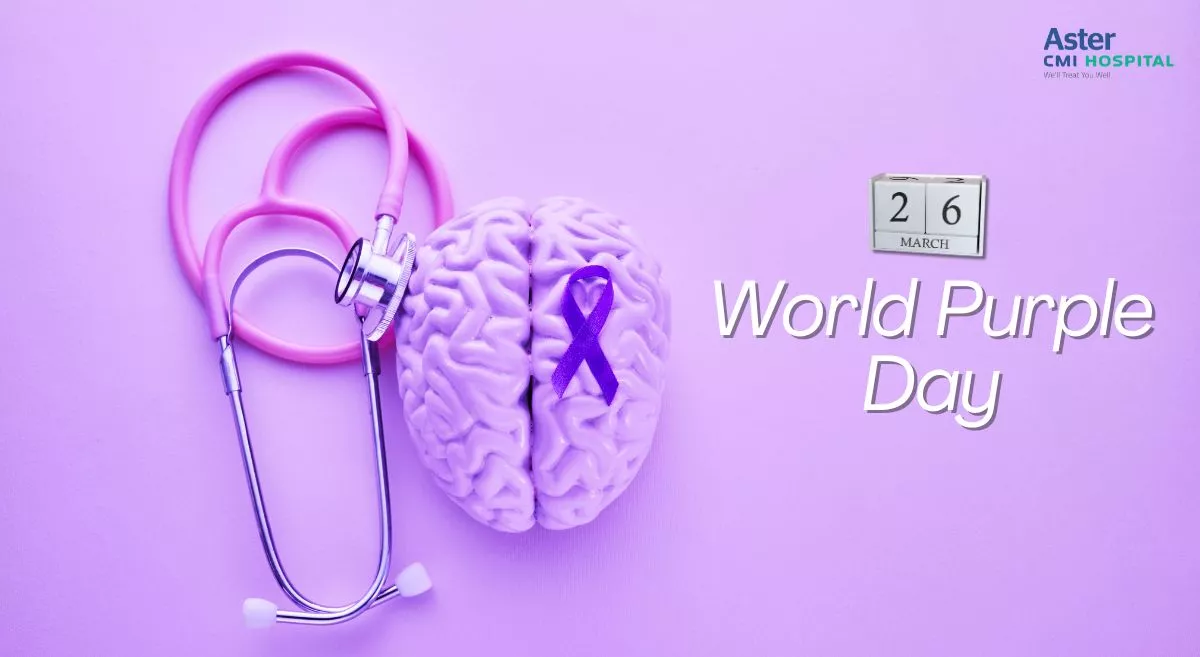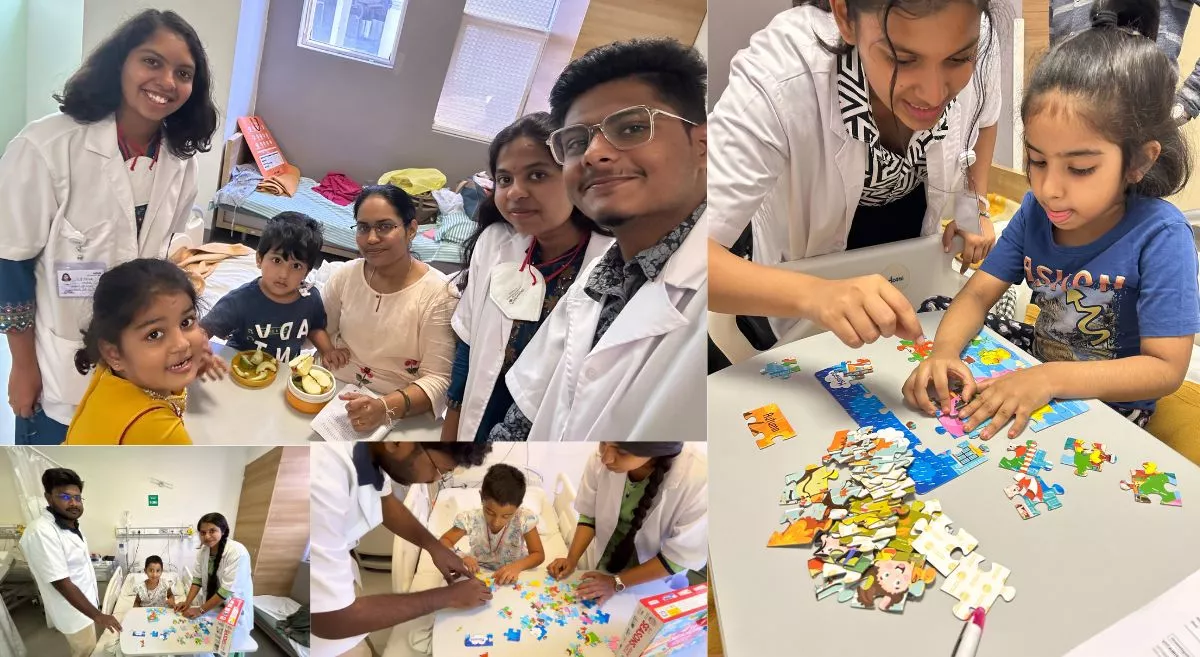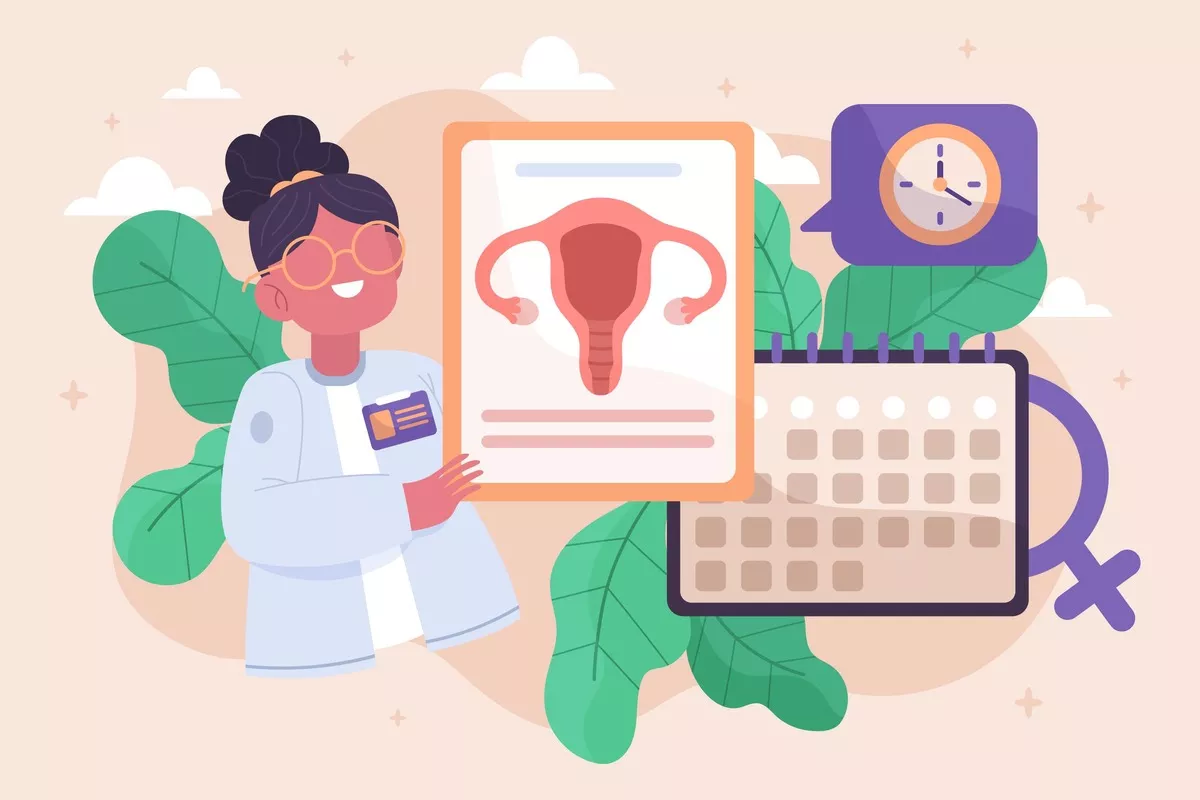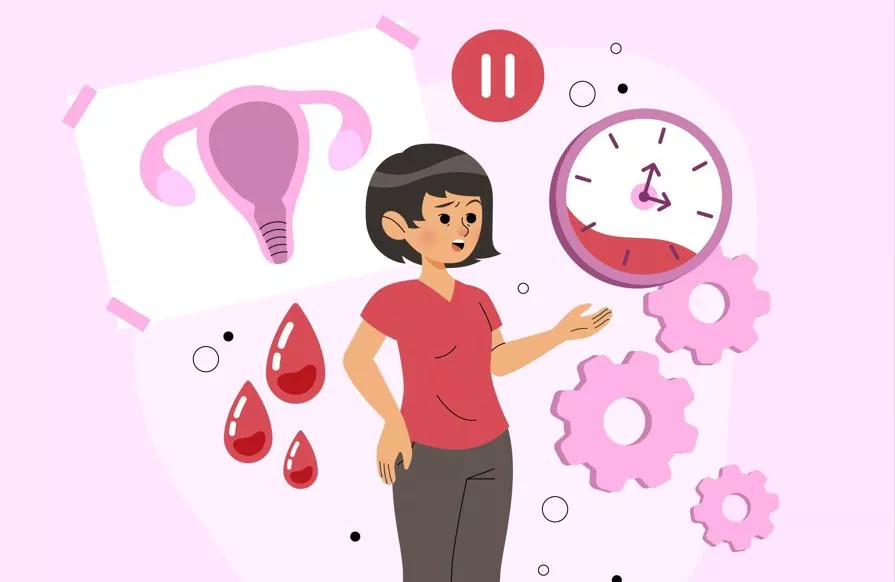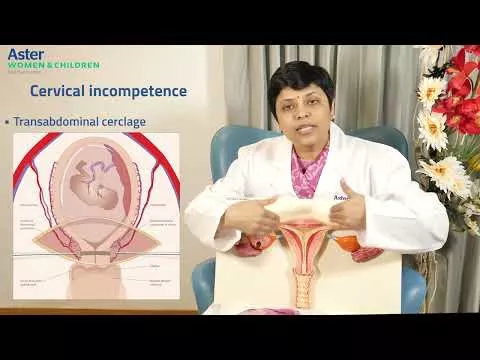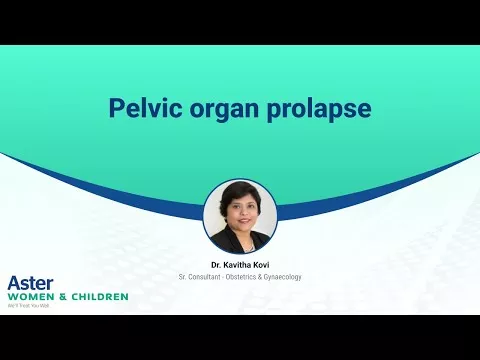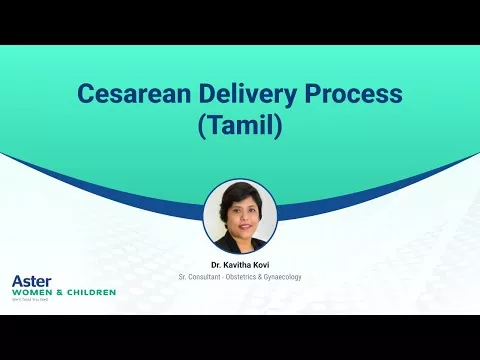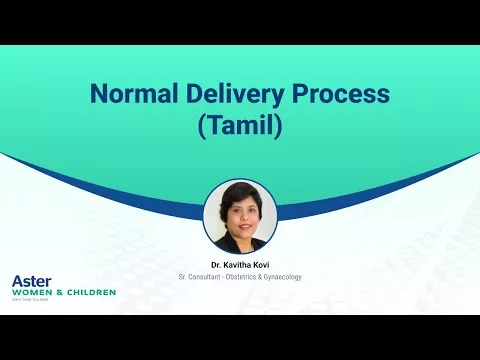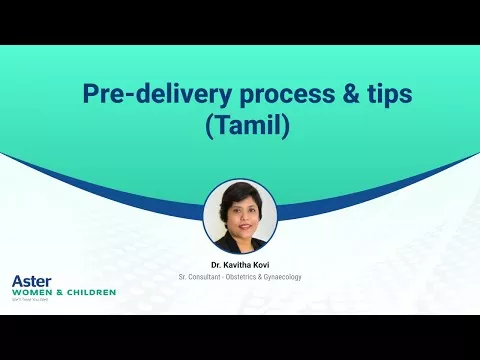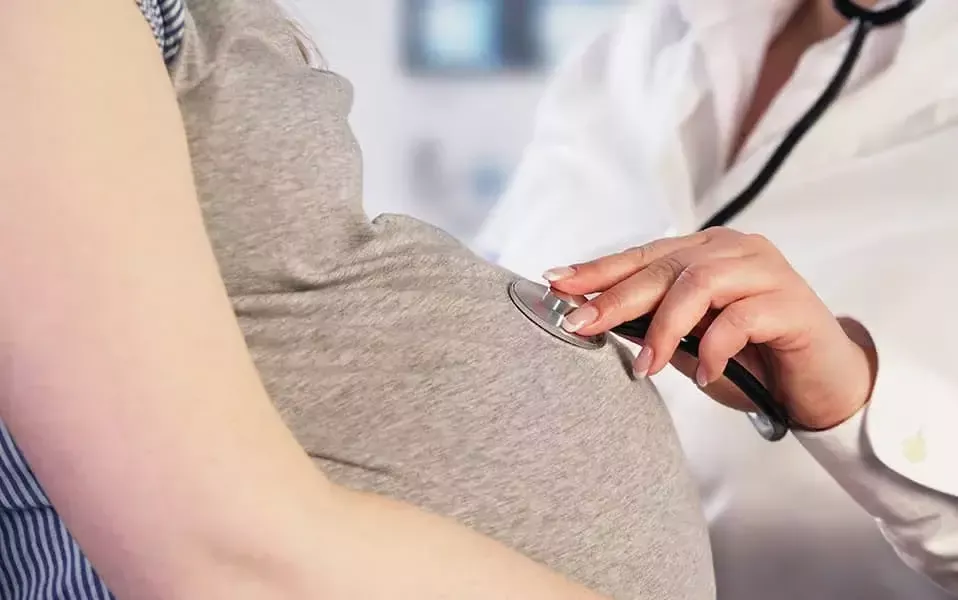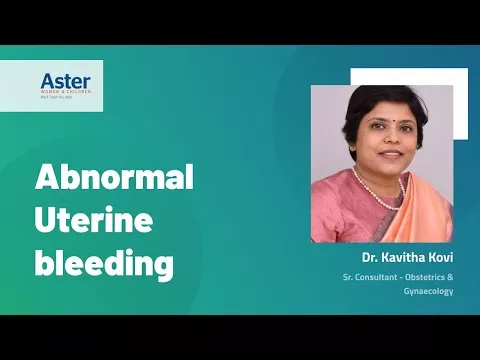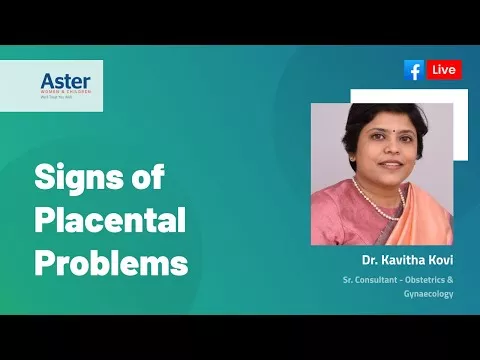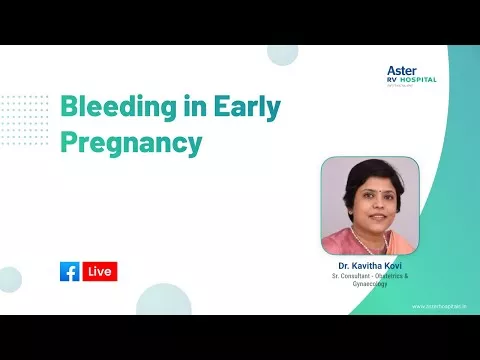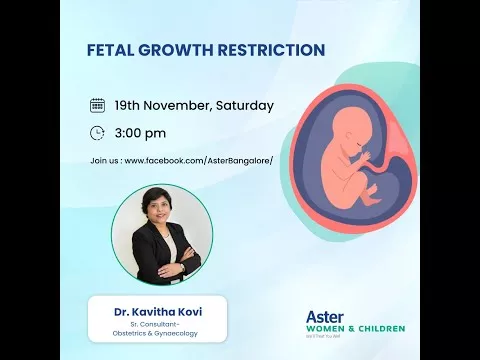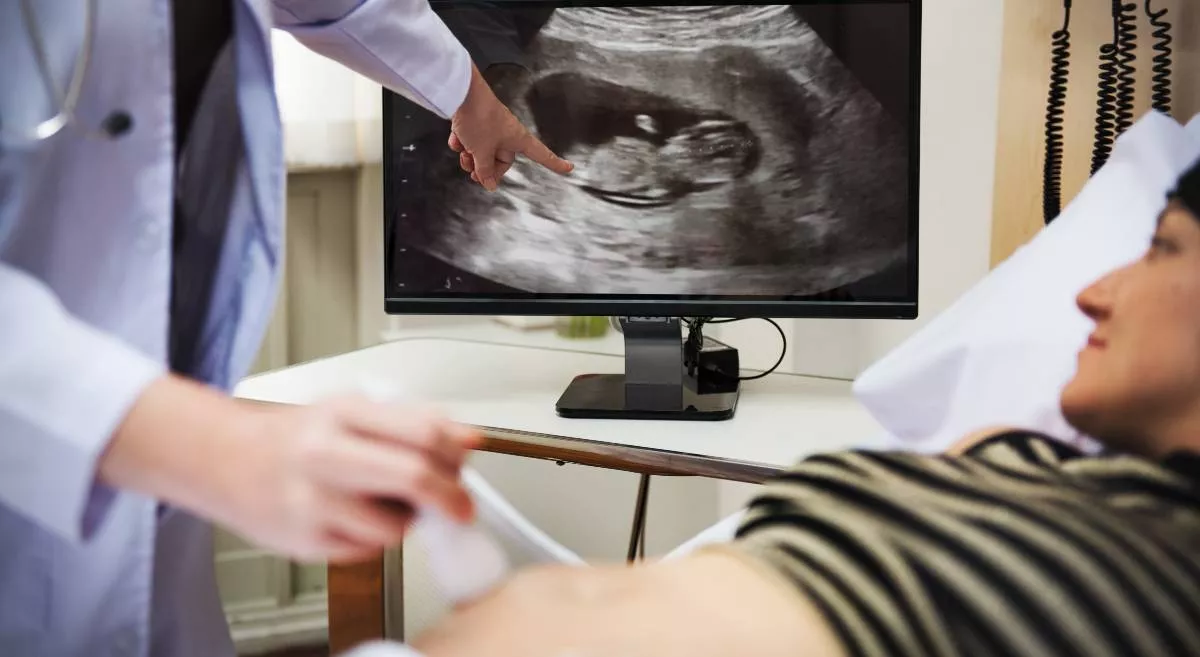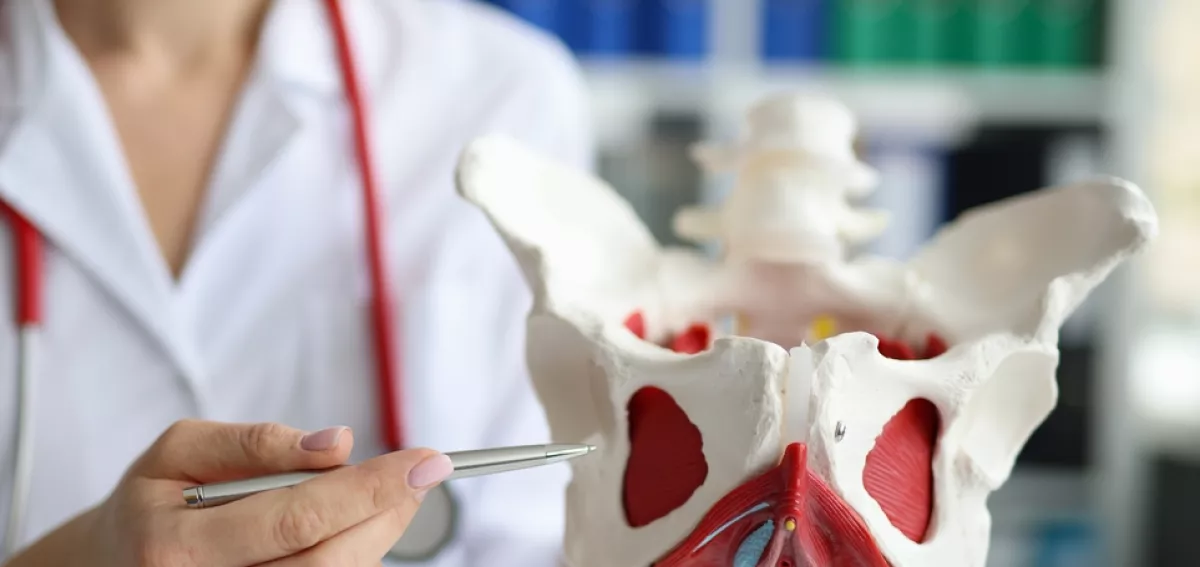In this video, Dr. Kavitha Kovi, HOD - Obstetrics and Gynecology at Aster Women & Children Hospital, discusses the importance of vaccination, particularly for adolescent girls and pregnant women. It covers different types of vaccines, their benefits, and addresses common concerns about vaccine safety.
The Importance of Vaccination
Vaccines play a crucial role in protecting individuals and communities from preventable diseases. By stimulating the body's immune system, vaccines help develop immunity against specific pathogens. Dr. Kavitha emphasizes the significance of vaccination for adolescent girls and pregnant women, highlighting the importance of protecting both the mother and the developing fetus from various diseases.
Types of Vaccines
- Live attenuated vaccines: Contain a weakened form of the live virus.
- Inactivated vaccines: Contain a killed version of the germ that causes a disease.
- Subunit vaccines: Use specific pieces (antigens) of the germ.
- Toxoid vaccines: Contain a harmless version of the toxin produced by the germ.
- Conjugate vaccines: Join the germ's antigen to a carrier protein that helps the immune system respond better.
- DNA and RNA vaccines: Newer types of vaccines that teach our cells how to make a protein that triggers an immune response.
Adolescent Vaccinations
- Human Papillomavirus (HPV) vaccine: Protects against cervical cancer and genital warts.
- Measles, Mumps, and Rubella (MMR) vaccine: Protects against these contagious diseases.
- Chickenpox vaccine: Provides immunity against chickenpox.
Vaccination During Pregnancy
While more research is needed, the video mentions that some vaccines are considered safe for pregnant women, including HPV vaccine, MMR vaccine, Chickenpox vaccine. It's essential to consult with a healthcare provider for personalized advice on vaccination during pregnancy.
For more information, consult the Department of Obstetrics and Gynecology at Aster Women & Children Hospital.
To book an appointment, contact us at 080-4510 8888.


